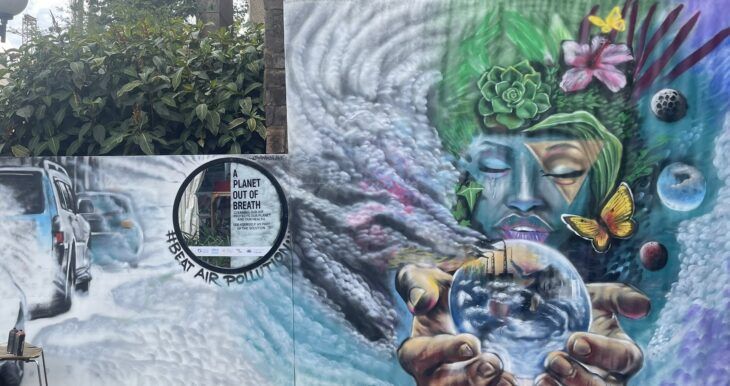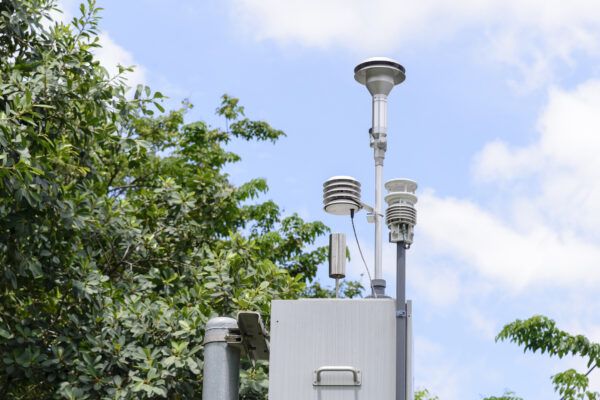The United Nations Environment Assembly (UNEA) is the world’s highest-level decision-making body for environmental issues, with 193 member states. The assembly’s sixth session (UNEA 6) in Nairobi, Kenya, concluded with a resolution to develop a global knowledge sharing platform and regional cooperation between member states to tackle air pollution. Clean Air Fund welcomes this landmark resolution and urges governments to mobilise more funding to this much-needed knowledge platform and more robust regional coordination.
Gaps in technical knowledge and comprehensive guidance are some of the biggest barriers to effective air pollution management in low- and middle-income countries, according to a survey of 119 governments. The UNEA resolution directs the UN Environment Programme (UNEP) to establish a global knowledge platform to share knowledge, information and expertise across member states. The online platform is expected to provide best practices, interactive online tools, and data and air quality maps.
The resolution also calls for regional and subregional cooperation between countries to develop and implement air quality policies and set targets for air quality levels aligned World Health Organization (WHO) guidelines.
Governments, intergovernmental organisations, financing institutions, private sector and philanthropic foundations are also encouraged to help mobilise resources to address transboundary air pollution in low- and middle-income countries.
Clean Air Fund responds
Efforts to tackle air pollution remain chronically underfunded, receiving only 1% of global development funding and 2% of international public climate finance in recent years. With the world leaders at the forthcoming G20 and COP29 meetings expected to focus on climate financing, governments have the opportunity to further accelerate action on clean air and ensure this global challenge receives the funding it needs. The UNEA6 air pollution resolution is another step toward a future where everyone breathes clean air, but we need to build on this momentum.”
Jane Burston, CEO of Clean Air Fund
We also welcome the development of UNEP’s Africa Clean Air Programme. Africa receives 3.7% of international development funding for air quality, despite being home to five of the 10 most polluted countries. Multilateral and bilateral donors should prioritise funding to air quality action in the continent.
Clean Air Fund looks forward to supporting the implementation of these crucial next steps.



